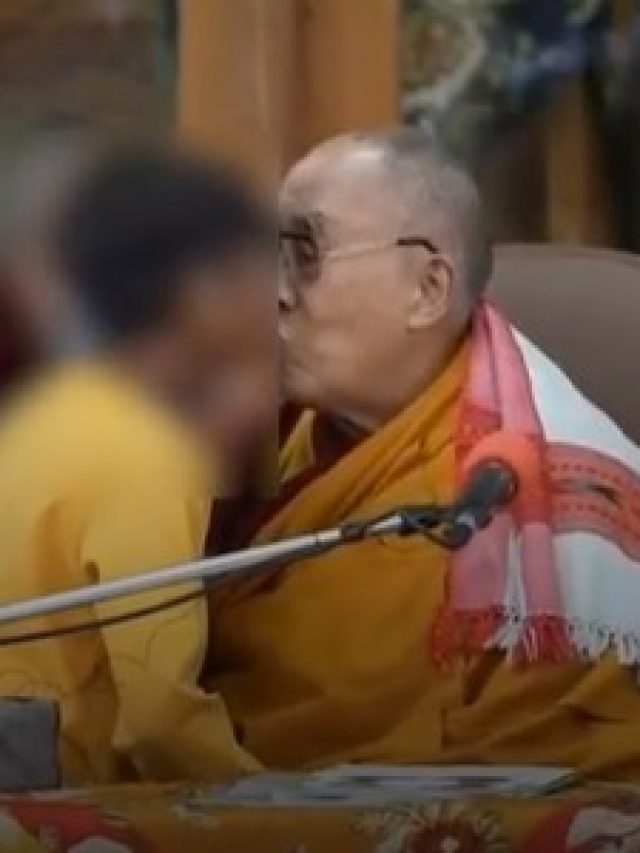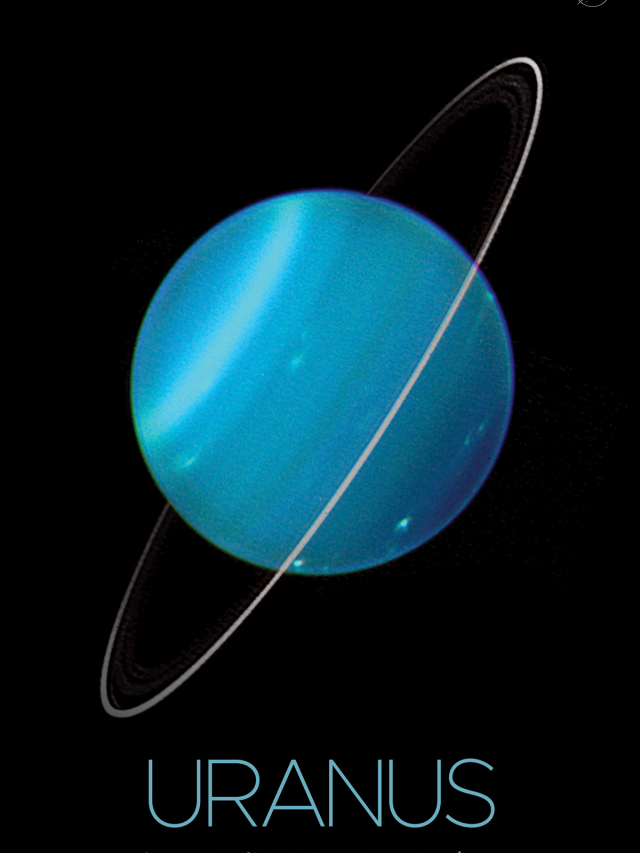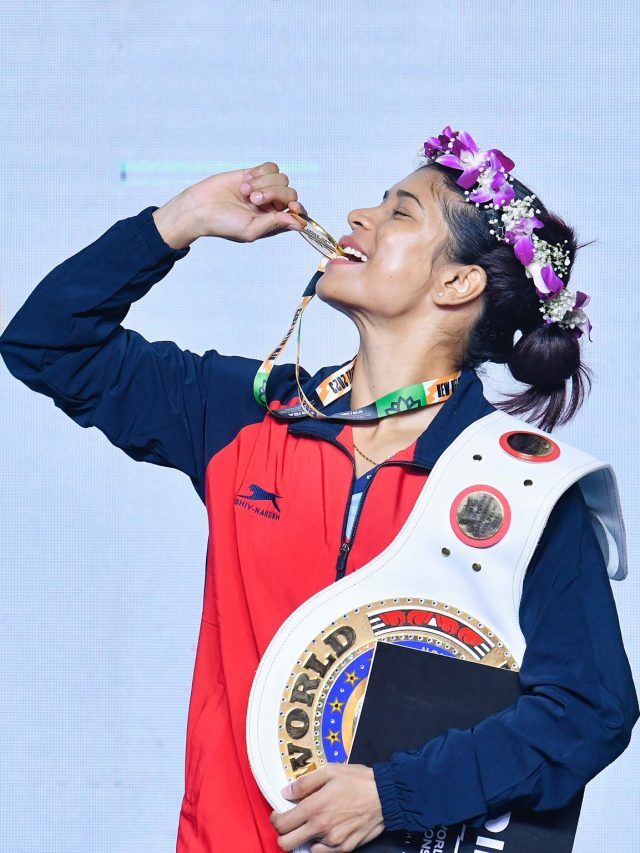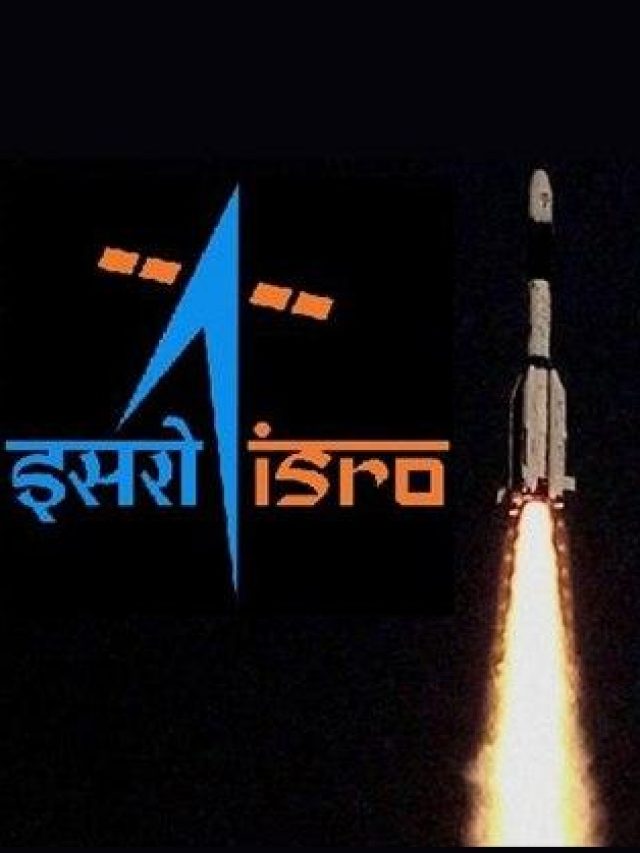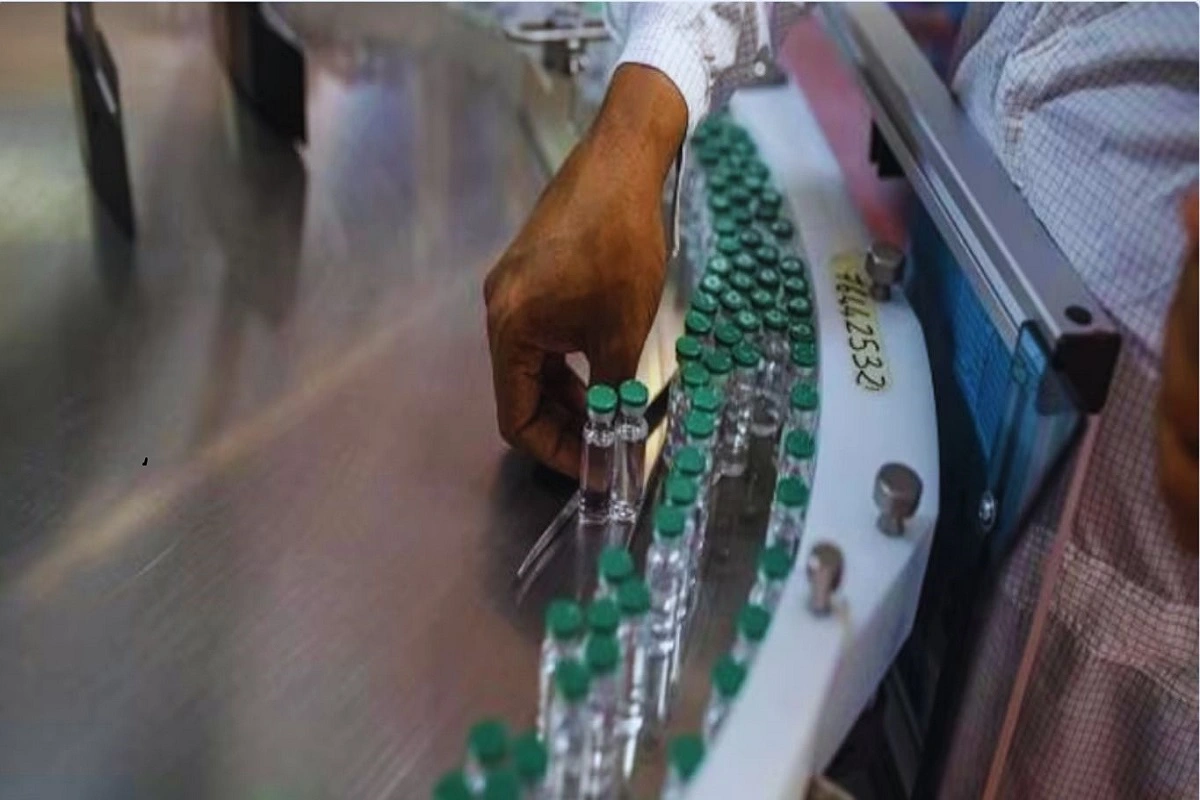
India To Seek Pharma IPR Waiver For Future Pandemics at WTO Meet: Report
At the World Trade Organization (WTO) mini-ministerial meeting on June 7 in Paris, India is likely to push for a global waiver for vaccines, therapeutics, and diagnostics to combat upcoming pandemics after obtaining a five-year patent waiver for Covid-19 vaccines in 2022, according to a report by the Economic Times (ET).
The US had delayed a decision on pharmaceuticals and diagnostics, so India, South Africa, and 80 other WTO members had offered a response for potential pandemics, but the ministerial outcome of 2022 only included Covid-19 vaccinations, it continued.
According to a government representative, the nation will push for adaptability in the event of pandemics in the future. An omnibus waiver will enable a speedy reaction in the event of future pandemics and avert protracted talks, he claimed.
The mini-ministerial meeting, which is taking place in conjunction with the OECD gathering, will set the agenda for the 13th Ministerial Conference of the WTO the following year.
Discussions over a ban on adding customs fees to electronic transfers are also anticipated at the meeting. India and South Africa have asked for a review and re-examination of the 24-year-old ban on electronic commerce communications.
The United Nations Council on Trade and Development predicts that developing nations might lose $10 billion in yearly tariff revenue as a result of the ban on e-transmissions, compared to high-income countries, which would only lose $289 million.
During the WTO’s ministerial conference in February of next year, 80 countries—including China and India—have separately urged the organization to begin text-based negotiations to establish a long-term solution on public stockholding (PSH) for food security.
This is in response to requests for a food security package at the meeting in 2024 from poor countries and the African Group.
Developing nations have been pushing for a long-term solution to the issue, even though India’s good subsidies are protected from WTO member action by a peace clause that safeguards its food procurement policies in the event that the subsidy ceilings—10% of the value of food production in the case of India and other developing countries—are breached.
“There are suggestions that the MC13 conclusion should centre on the food security package. On the package’s contents, the outcome’s scope, and the level of ambition, there are, however, conflicting views “another official stated.
Authorities added that the Agreement on Fisheries Subsidies, which was a part of the outcome package at the ministerial meeting last year, is being discussed by the Centre with the coastal states to be accepted.
The person noted that discussions regarding fisheries subsidies are also likely to happen at the mini-ministerial next month.
(This report was created by ET and modified by Bharat Express staff)







